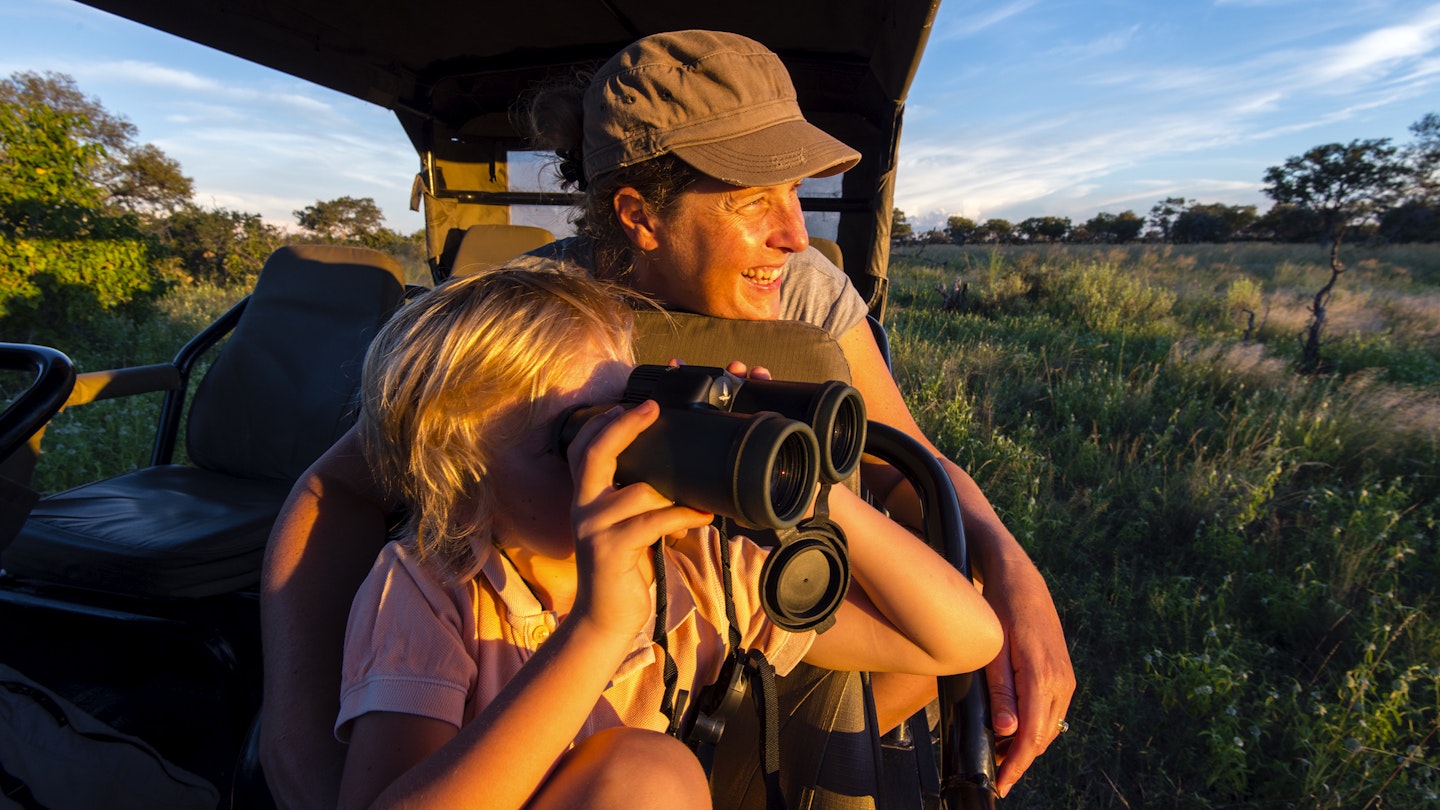Visa Requirements for Botswana: A Comprehensive Guide
Botswana is one of Africa’s most stunning safari destinations, famed for its high-end, low-impact tourism model, vast fence-free national parks, and spectacular wildlife. There’s good news for travelers: many visitors can get a visa on arrival and start exploring.
The visa requirements for entering Botswana depend on your nationality. Visiting for tourism is straightforward for most travelers; however, if your home country is not on the list for visa-exempt travel, you can apply for a visa online.
Who Can Travel to Botswana Visa-Free?
Citizens of 100 countries can enter Botswana for tourism purposes without a visa. The list of visa-exempt countries includes the USA, UK, Canada, Australia, New Zealand, Singapore, and most European countries, as well as South Africa and Namibia. If you’re still unsure, you can check whether you need a visa on the Botswana eVisa website.
You’ll receive a stamp in your passport at the airport granting permission for stays of up to 90 days. Your passport must be valid for a minimum of six months from the date of entry into Botswana, with at least three unused pages. Moreover, dual nationals using two different passports can only enter the country on the same passport they used to exit the previous country.
You must also be prepared to show a round-trip or onward ticket and evidence of sufficient funds to support your stay.

Which Countries Need a Visa for Botswana?
Nationals of around 140 countries need a visa to enter Botswana for tourism, including many citizens of countries in Central and South America, Asia, and Africa. While most Commonwealth countries are exempt, citizens from Ghana, Nigeria, Bangladesh, India, Pakistan, and Sri Lanka do require a visa. The up-to-date list of countries requiring a visa can be found on the Botswana eVisa website.
You can apply for a Botswana tourist visa online by completing the application form and uploading the necessary documents, including a certified passport, a round-trip ticket, confirmation of accommodations, and a recent photo. Allow two to three weeks for approval.
You can choose between a single-entry visa for up to 30 days for 300 Botswana pula (BWP) or a multiple-entry visa for up to 90 days for 500 BWP.
Can I Extend My Visa to Botswana?
It’s possible to extend your stay with a valid reason. Visitors wishing to do this will need to apply at the Department of Immigration and Citizenship in the capital city of Gaborone or in Maun before the initial period of stay expires. Additionally, there’s a 500 BWP charge for extensions.
How Do I Get a Visa for Volunteering or Working in Botswana?
If you want to undertake volunteer work in Botswana, the organization you’ll be working for can help arrange your visa.
If you’re planning to work in Botswana, your employer will need to organize an employment visa, or you can apply via the eVisa website. The visa is normally valid for six months, and it’s possible to extend it while you are there.

What to Know If You’re Traveling with Children
In addition to a valid passport and visa (if applicable), children under 18 years old traveling into Botswana must provide a certified copy of their full, unabridged birth certificate.
If a child is traveling with one parent or another adult, the parent or parents who aren’t present need to provide a certified letter giving consent for the child to travel. For more information, check with your nearest Botswana embassy.
Do I Need an International Certificate of Vaccination for Yellow Fever?
Under International Health Regulations, a certificate of yellow fever vaccination is required for travelers aged one year and above arriving from or having transited through countries with a risk of yellow fever transmission. Check the World Health Organization for the list of affected countries.
This article was first published on Aug 29, 2022, and updated on Oct 25, 2023.




